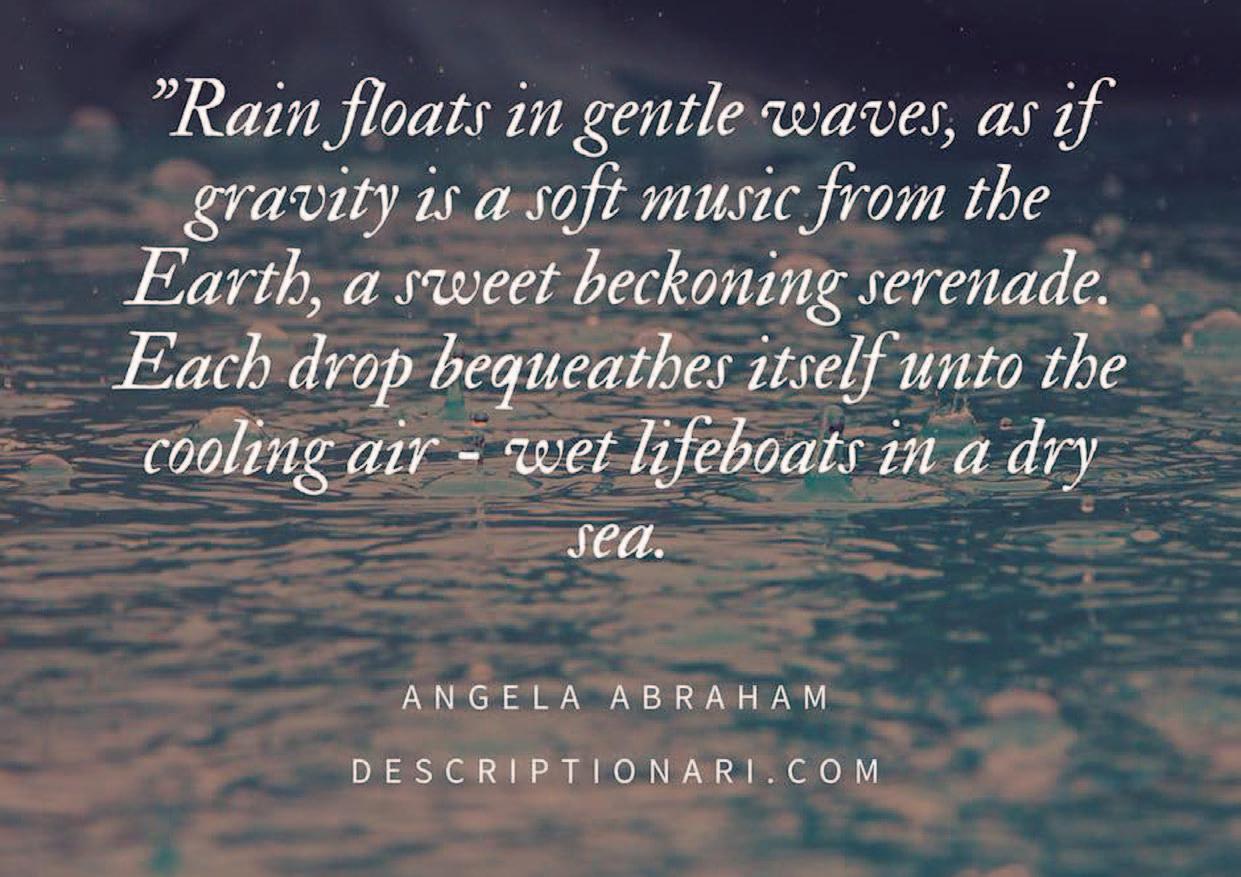Curriculum, learning and teaching
Planning a perfect lesson and expecting to see one can provide an unrealistic view of what takes place in a classroom. Keep it simple. highlighted wide variations of teacher experience in inquirybased teaching and perceptions of inquiry as a learning process. This provided very valuable information as it could be used to establish strategies to address issues or to influence future professional learning opportunities and the development of resources to support inquiry, such as plugins. Considerations for schools planning to engage in this type of activity: Allow colleagues to share their dilemmas and encourage the direction of discussions to aim towards identifying root causes of these dilemmas. In many cases the root causes of dilemmas were manageable where strategies could be identified or developed to address them. Discussions should take place as soon after the observations as possible. Those that did not were less effective as participants had difficulty recalling specific moments. Ensure that a next step is established before the end of the discussion. This could involve planning another observation and discussion, or a strategy to try in the classroom.
Inquiry plug-ins Plug-ins were designed throughout the project with the aim of providing colleagues with some ideas and activities that could support them in an inquiry-based classroom. Many of the plug-ins were created as a response to dilemmas identified during post-observation discussion and reflection sessions. These plug-ins were made available throughout the project, both on the school’s PLC page and on a prominent wall in the staffroom. The use of plug-ins was also the topic of an action research paper by the teacher-researcher with the aim of improving how they can be accessed and used. The next step? Encouraging and facilitating professional learning through a bottom-up approach is well documented in education, and can result in educators having greater autonomy when considering how to improve their own practice. The strategies described here could provide an easy access point into initiating a teacher’s own professional learning that requires little more than a classroom of students and two teachers. Reference Windschitl, M (2002). Framing constructivism in practice as the negotiation of dilemmas: an analysis of the conceptual, pedagogical, cultural, and political challenges facing teachers. Review of Educational Research, 72(2), 131–175.
Chris Gray teaches Science at the International School of the Hague, the Netherlands. Email: c.gray@ishthehague.nl
Forthcoming Conferences February 1-2, COBIS Conference for Bursars, Business Managers and HR Staff, Dubai, UAE. February 5-7, AAIE Conference, New York, US. February 15-18, ECIS Library Conference, American International School of Chennai, India. March 8-10, MAIS, ESL, Special Needs & Technology Conference, American International School in Egypt. March 15-16, COBIS Conference for Marketing, Development and Admissions Staff, Bucharest, Romania. March 25-27, IB Asia-Pacific Regional Conference, Singapore. March 29-30, EARCOS Teachers’ Conference, Bangkok, Thailand. April 4-7, ECIS Leadership Conference, Berlin, Germany. April 4-7, ECIS PE Conference, International School of Düsseldorf, Germany. May 12-14, COBIS Annual Conference, London, UK.
Autumn
Spring |
| 2018
29



















